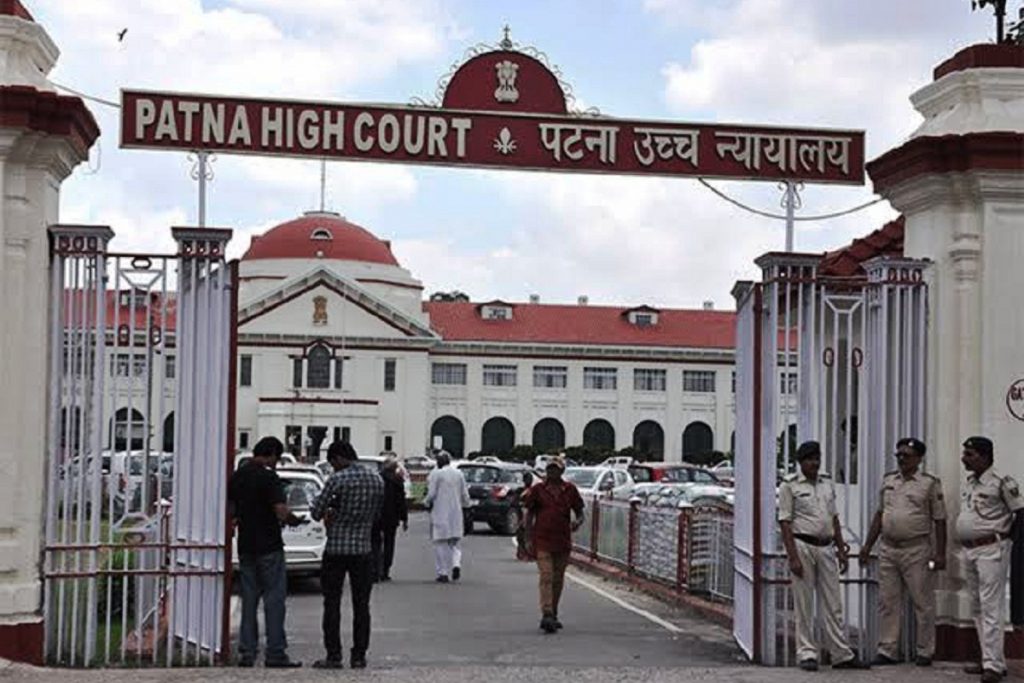


The Patna High Court in the case Jalaluddin Khan @ Md. Jalaluddin vs The Union of India observed and has stated that mere membership in a banned organization should not be the reason enough to deny bail, particularly when the trial is anticipated to be prolonged.
The division bench comprising of Justice Ashutosh Kumar and Justice Alok Kumar Pandey in the case observed and has stated that merely being the member of a banned organization, it would not justify rejection of bail when the Trial is likely to continue for a longer time.
The said ruling came in the batch of criminal appeals filed under Section 21(4) of the National Investigation Agency Act, 2008, whereby the Court granted bail to an Advocate accused of offences as stated under Section 120, Section 120B, Section 121, Section 121A, Section 153A, Section 153B, and Section 34 of the Indian Penal Code, IPC.
In the present case, the accused-appellants faced charges of direct association with the Popular Front of India (P.F.I.), an organization that had been prohibited in 2022.
It has been contended by the prosecution that they were actively engaged in pursuing the organization’s covert objective of fomenting violence to achieve their purported aim of reinstating Muslim rule in India.
However, the court after reviewing all the relevant evidence against the appellant, found it fitting to overturn the contested decision denying bail.
The court in its order stated that the appellant’s release on bail, provided he furnishes a bail bond amounting to Rs. 25,000/- (Rupees Twenty-Five Thousand) and secures two sureties, each in the same amount. Thus, the satisfaction of the Special Judge, N.I.A., Patna, is required for the fulfilment of these conditions.
The court stated that this decision holds significance in light of a M arch 2023 key verdict by the Supreme Court, wherein the court held that mere membership in an unlawful organization would be a UAPA Offence.
The Supreme Court bench comprising of Justice MR Shah, Justice CT Ravikumar, and Justice Sanjay Karol in the case observed and has affirmed the validity of Section 10(a)(i) of the UAPA, which considers membership in an association declared unlawful as an offence.
The Supreme Court in the case observed and has overturned its 2011 rulings in cases such as Arup Bhuyan vs State of Assam, Indra Das vs State of Assam, and State of Kerala vs Raneef.
The court noted that that in its earlier judgments, it has been held by the Supreme Court that mere membership in a banned organization is not adequate to constitute an offense under the Unlawful Activities (Prevention) Act 1967 or the Terrorism and Disruptive Activities (Prevention) Act, unless accompanied by overt violent actions.
The counsel, Advocates Mr. Syed Masleh Uddin Ashraf, Adv. Mr. Manoj Kumar Singh, Adv. Mr. Shivaditya Dhari Sinha, Adv. Mr. Abhijeet Gautam, Adv. Mr. Amarjeet appeared for the appellant. The counsel, Dr. Krishna Nandan Singh, ASG represented the respondent.